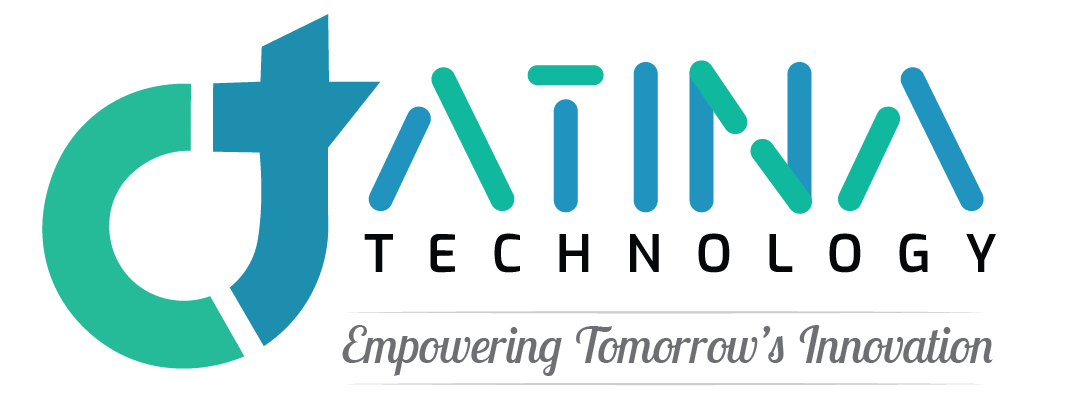Artificial Intelligence (AI) is no longer just a part of the game — it’s reshaping how games are developed from the ground up. From smarter NPCs to automated level design, AI is opening up powerful opportunities. But with innovation also comes risk. Could AI change the way game developers work forever?
Let’s dive into how AI is transforming game development — the exciting opportunities, the hidden threats, and what the future might hold.
What is AI in Game Development?
AI in game development refers to the use of machine learning, neural networks, procedural generation, and smart algorithms to design, build, and enhance games. It’s used to control non-player characters (NPCs), generate levels automatically, balance gameplay, and even assist developers in writing code or designing art.
Top Opportunities AI Brings to Game Development
1. Smarter NPC Behavior
Imagine enemies that learn your playstyle or allies that truly feel alive.
AI is revolutionizing NPC behavior by enabling characters to:
- React dynamically to players
- Learn from player actions over time
- Engage in more realistic conversations
Games like Shadow of Mordor and The Last of Us showcase this power with NPCs that evolve and adapt.
2. Automated Game Testing
AI bots can play your game thousands of times per hour, identifying bugs, balance issues, or broken levels — saving countless hours of manual QA.
Benefits:
- Faster bug detection
- Automated stress testing
- Early performance analysis
3. Procedural Content Generation
Creating new maps, characters, or quests used to take weeks. With AI, you can generate:
- Unique maps
- Dialogue variations
- Side quests
- In-game events
This allows developers to build endless content with less effort.
4. AI-Powered Art & Animation Tools
Tools like Stable Diffusion, Runway ML, and Leonardo AI are helping indie developers generate:
- Game character sprites
- Background art
- VFX
- Animated storyboards
No massive team? No problem — AI bridges the resource gap.
5. Voice & Dialogue Generation
Instead of hiring voice actors for every line, AI can now generate natural-sounding voices and intelligent dialogues. This is especially useful in:
- RPGs with many characters
- Dynamic response systems
- Games in multiple languages
Tools like Replica Studios and Altered Studio are leading this innovation.
6. Personalized Gameplay
AI can tailor difficulty, game environments, or missions based on each player’s behavior, creating a custom gaming experience every time.
Imagine a game that:
- Adapts to your skill level
- Changes story arcs based on decisions
- Gives tailored challenges and rewards
The Hidden Threats of AI in Game Development
As exciting as AI is, there are real challenges we can’t ignore.
1. Job Displacement
AI might reduce the need for:
- Junior designers
- Testers
- 2D/3D artists
- Dialogue writers
Smaller studios may lean on AI instead of hiring full teams, raising concerns in the industry.
2. Lack of Human Creativity
AI can generate content, but it lacks emotional depth, humor, and originality. Relying too much on it can lead to:
- Repetitive gameplay
- Generic dialogue
- Soulless character design
Players can tell when something feels “off.”
3. Ethical and Copyright Concerns
AI models are trained on existing data — often from copyrighted games, art, or voice recordings. This opens the door to:
- Intellectual property issues
- Plagiarism risks
- Unintended similarities
Game devs must tread carefully when using AI-generated assets.
4. Over-Reliance on Automation
Too much automation can make developers dependent on AI, leading to:
- Skill degradation
- Creative laziness
- Poor debugging skills (AI-generated code isn’t always clean!)
What’s Next for AI in Game Development?
AI will not replace game developers — it will empower them. The future lies in hybrid workflows, where AI handles repetitive tasks while humans focus on creative direction, emotion, and storytelling.
Game studios must:
- Stay updated on AI tools
- Use AI ethically and transparently
- Maintain human oversight in all creative decisions
Final Thoughts
AI is changing the rules of game development, offering faster production, smarter gameplay, and massive creative potential — but it’s not without its dangers.
The key is balance: use AI to supercharge your skills, not replace them.
So the next time you see a clever NPC or play a game with endless missions, ask yourself — was this the work of a human… or an AI?
Don’t miss out — stay tuned to Atina Technology for expert tips on AI, gaming, and tech innovation!
Don’t forget to share this article with your fellow developers.


